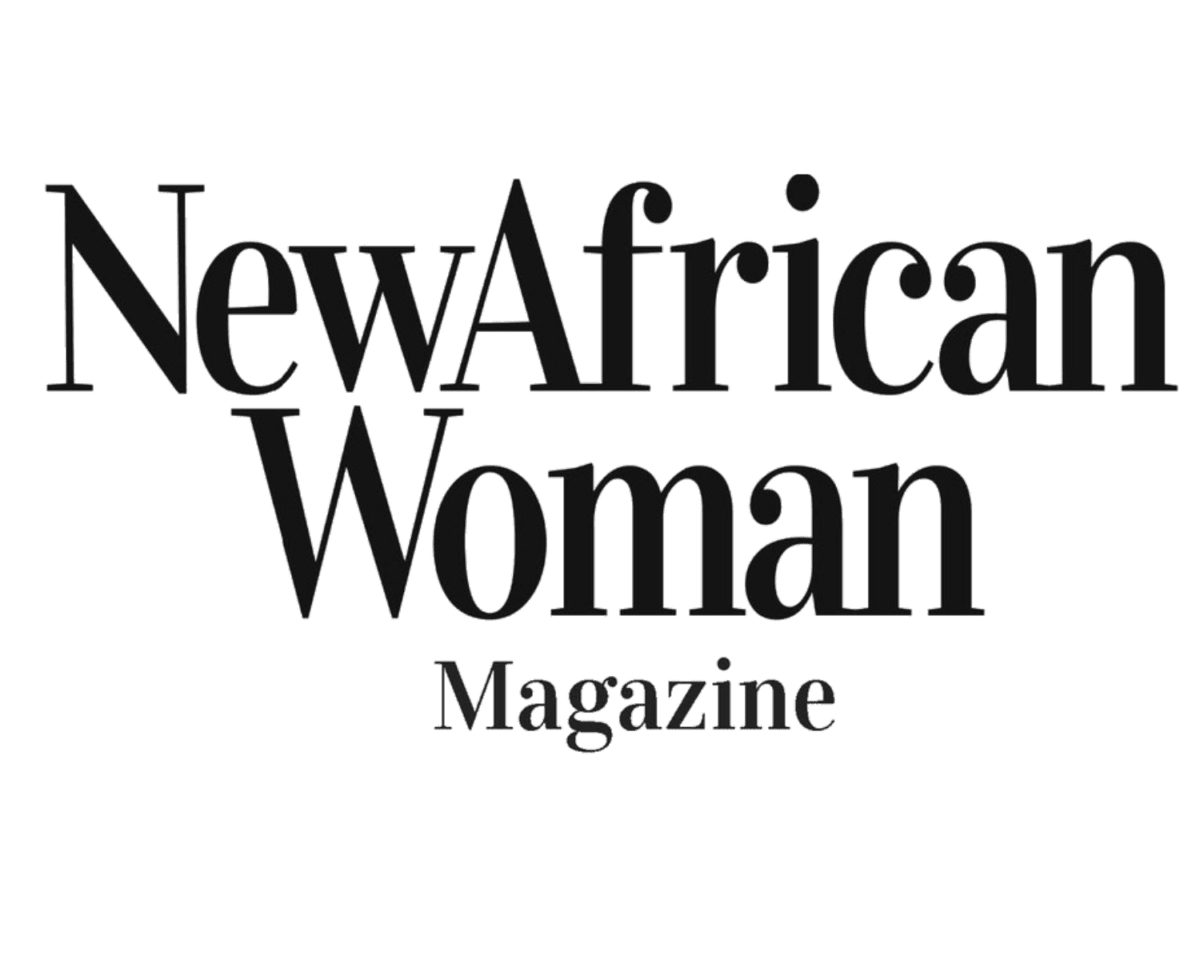VIEWPOINT: Vanessa Moungar on the importance of giving Women equal opportunities

Closing gender gaps is not a zero-sum game, but a road towards a future where everybody gains. Writes Vanessa Moungar – Director for Gender, Women and Civil Society, African Development Bank, in this viewpoint for The NAW.
Africa hosts the world’s youngest population and it is estimated that its youth population will double to over 840 million by 2050, with women representing about 50% of this figure. The question is: how do we leverage this incredible potential?
If we invest properly in women and youth, we will unleash the creativity of an entire generation of well-educated, skilled and talented individuals, who will drive the continent’s transformation.
They form the majority by far of those who work the land in Africa. They dominate the retail trade and distribution of farm produce. Come rain or shine, they are in market places across the continent, selling practically all that Africa’s hard-pressed textile industries produce.
Women are indeed the backbone of Africa’s economies, accounting for the majority of small and medium sized businesses, especially in the informal sector. So how can Africa maximise the use of this massive factor of production?
For the African Development Bank, the obvious answer is to systematically remove the inequalities that hobble Africa’s women, by giving them the necessary training, the rights they need to own their land and businesses and access to capital to grow their enterprises – to list just the basic requirements.
In agriculture, women are dominant as primary producers and food processors, as well as in the service sectors. Yet, women remain marginalized in terms of access to productive resources, such as land, finance, markets, information and networks.
According to African Development Bank data, in rural areas, women benefit from only one tenth of the credit to small farmers and less than 1% of total credit to agriculture. African women hold 66% of all jobs in the non-agricultural informal sector, yet only make 70 cents for each dollar made by men. Furthermore, only between 7 and 30% of all private firms have a female manager.
According to a United Nations Development Program report, gender inequality costs sub-Saharan Africa on average US$95 billion a year, peaking at US$105 billion in 2014 – or six % of the region’s GDP. It says this jeopardizes the continent’s efforts for inclusive human development and economic growth. Evidence shows that if all countries worldwide reached gender equality, the global gains in terms of economic growth would be 26%, with Africa gaining 12% in terms of GDP.
It has been estimated that women reinvest up to 90% of their income in the education, health and nutrition of their families and communities compared to 30 to 40% for men, thus, creating greater development impact.
If women had the same access to productive resources as men, they could produce 20 to 30% more food, significantly increasing product yield translating to up to 150 million fewer hungry.
Women are the bedrock of Africa’s SMEs, which in turn are the engines of job creation across the continent, accounting by some estimates for 90% of all firms outside the farm sector. While the SME sector in Africa has its own challenges, women are clearly at the worst end of the bargain. Only about a third of all registered SMEs in Africa are owned by women, and women enterprises suffer a financing gap estimated at US$42 billion.
Financial landscape
All these figures highlight the multiple challenges faced by women, compared to their incredible potential if given the resources and support they need.
In order to address the greater needs and challenges faced by women-owned and led micro, small and medium enterprises (MSMEs) the African Development Bank launched the Affirmative Finance Action for Women in Africa (AFAWA) program. Our objective is to transform the financial landscape to enable women own and grow large-scale enterprises, by improving their access to assets, inputs, capital, productivity-increasing technology, and knowledge.
The AFAWA program focuses entirely on providing a holistic approach to women’s financing challenges, through three main pillars. First, AFAWA aims to strengthen access to finance for women entrepreneurs. Through targeted lines of credit to financial institutions, we are working with financial intermediaries to lend directly to women owned and led MSMEs.
In Nigeria, we are working with Fidelity Bank, where the African Development Bank extended a line of credit of US$16 million dedicated to women owned/led SMEs. In Kenya, we have a similar partnership with Commercial Bank, with a US$49 million line of credit, targeting women entrepreneurs.
We aim to build strategic partnerships with organizations sharing our vision and our commitment to women’s entrepreneurship. That is why we have also invested in a private equity fund named Alithea IDF Fund, an innovative vehicle managed by experienced female fund managers to empower women entrepreneurs (including women asset managers), through the provision of risk capital to women owned/led SMEs in Africa. The African Development Bank is the anchor investor with US$ 12.5 million.
But AFAWA offers more than access to finance. The second pillar of the program focuses on providing technical assistance to participating financial institutions to better manage their portfolio for women, and capacity-building to women SMEs, cooperatives and other women’s associations in areas such as financial literacy, business plan development and financial management.
Another key aspect to unleash the potential of African women is networking. The Bank has been connecting women in business among themselves through a project named “50 Million African Women Speak”. The project targets women entrepreneurs in Africa, who often struggle to access information on financial and non-financial services, and who are less likely to have established business networks or mentors that can offer them advice and guidance on how to grow their businesses.
Finally, AFAWA seeks to eliminate barriers that women entrepreneurs face by strengthening the enabling environment for women SMEs through financial sector reforms and dialogue with African governments to promote gender equality.
In order to fully participate in the continent’s economic transformation, women need equal access to opportunities such as education, health services and civil rights.
Closing gender gaps is not a zero-sum game, but a road towards a future where everybody gains. Gender equality is a matter of economic efficiency and competitiveness, leading to the achievement of other key development outcomes. As I always say: Investing in women is good businesses! Women must be seen as equal partners in sustainable development. Achieving gender equality and empowering women is not only the right thing to do; it is crucial for transforming Africa.

















